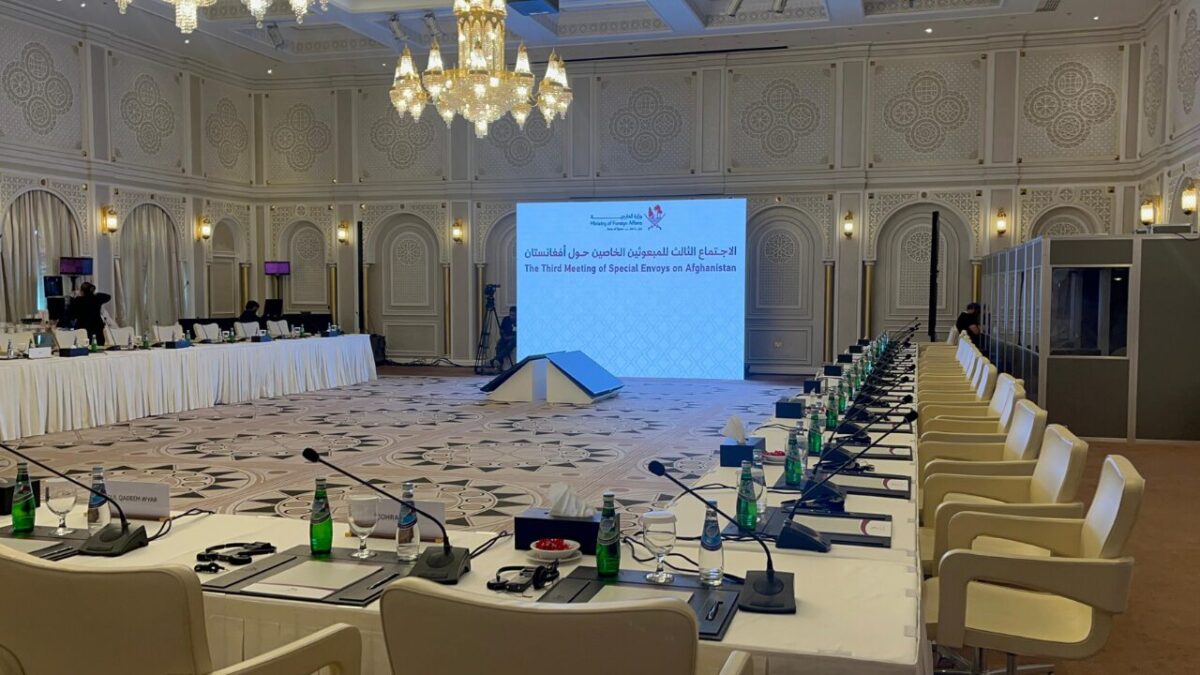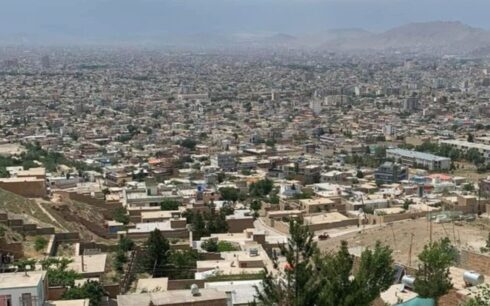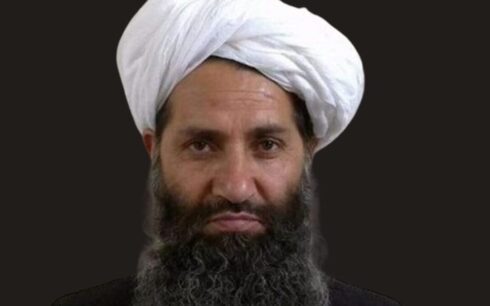The year 2024 was marked by international diplomatic efforts, regional summits, and growing tensions within the Taliban’s leadership. Despite three years in power, the Taliban failed to secure global recognition, while internal divisions within their ranks became increasingly visible.
A United Nations Security Council meeting in December 2024 revealed sharp differences among permanent members on how to engage with the Taliban.
China and Russia favored greater engagement and bolstered ties with the group. Russia even passed legislation that left the door open to removing the Taliban from its list of terrorist organizations.
The United States, France, and the United Kingdom maintained tougher stances. France advocated for conditional engagement, the U.K. urged the Taliban to fulfill their commitments, and the U.S. expressed skepticism about legitimizing the Taliban.
Dorothy Shea, Deputy U.S. Representative to the United Nations, stated on December 12: “The outcome the Taliban seek will remain out of reach as long as they continue down this path.”
The Security Council’s statement emphasized that a political resolution in Afghanistan is only possible with a comprehensive roadmap involving all parties.
International summits: From Doha to Moscow
Throughout 2024, Afghanistan was a focal point of international meetings.
Key summits included:
The Doha Summit in late June, which discussed Afghanistan’s reintegration into the global community and women’s participation.
A regional conference in Kabul in January.
A second regional meeting in Tehran in June.
The Moscow Format summit in October.
While the Doha Summit explored pathways for Afghanistan’s reintegration, it ended without substantive outcomes. By year’s end, discussions shifted toward drug trafficking rather than political solutions.
Internal divisions within Taliban
Reports from the United Nations highlighted internal discord within the Taliban leadership. Criticism by Sirajuddin Haqqani, the acting Interior Minister, of Taliban leader Hibatullah Akhundzada’s policies symbolized these rifts.
In response to the ban on women’s medical education, Haqqani remarked: “Do not think that because I am the ruler, everyone must accept my words… You are accountable to God.”
Such comments underscored growing fractures within the Taliban over governance issues.
Lack of global legitimacy
The Taliban continue to claim that their control of Afghan embassies and the acceptance of their ambassadors in some countries constitute global legitimacy. However, even their closest allies, including China and Russia, have called for the formation of an inclusive government—demands the Taliban have categorically rejected.
Afghanistan’s political opposition held gatherings in Vienna and Ankara in 2024, leading to the formation of groups like the Federalist Assembly and the National Rescue Council of Afghanistan. However, these factions remain excluded from major international discussions on Afghanistan’s future.
With Donald Trump’s return to the White House, U.S. policy toward Afghanistan is expected to shift. Additionally, Russia’s evolving stance and broader regional dynamics could reshape the landscape. Whether these changes will favor or challenge the Taliban remains uncertain—a question only time will answer.





